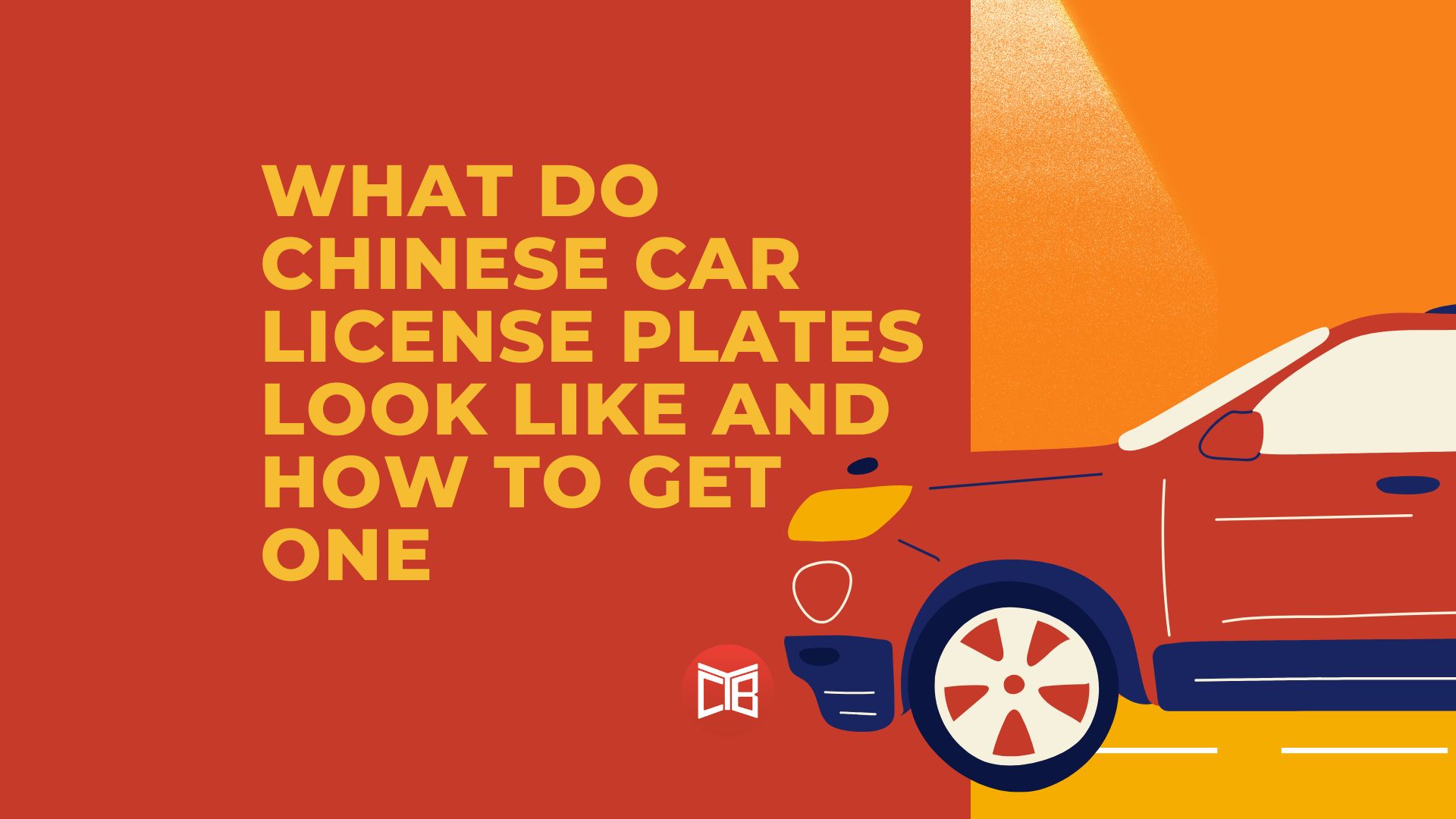
There are two main categories of sentence structures that you can use to express choice/decision. The first being one that you can use in a situation where you have yet to make the decision, the second being a situation where you have already made your choice and you are simply making a comparison of the choices to explain why you made your decision.
Let’s look at the first category. The following sentence structures can be use to express the two choices available to you in a certain situation. Some of them can be used as a statement, others as a question.
Statements:
- 或者。。,或者。。
either.., or…【或者。 。 ,或者。 。 】Huòzhě. . , Huòzhě. .
今晚去电影院时,我们或者开车去,或者打车去。
今晚去電影院時,我們或者開車去,或者打車去。
Jīn wǎn qù diànyǐngyuàn shí, wǒmen huòzhě kāichē qù, huòzhě dǎ chē qù.
When we go to the cinema this evening we’ll either drive or take a taxi.
- 不是。。,就是。。
if not…,then…【不是。。,就是。。】Bùshì. . , Jiùshì. .
我很喜欢做运动,每天不是踢足球,就是游泳。
我很喜歡做運動,每天不是踢足球,就是游泳。
Wǒ hěn xǐhuān zuò yùndòng, měitiān bùshì tī zúqiú, jiùshì yóuyǒng.
I really like to play sports, every day if I’m not playing football, then I’m swimming.
- 要么。。,要么。。
either…, or… 【要么。 。 ,要么。 。】 Yàome. . , Yàome. .
大学毕业以后,我打算要么找工作,要么继续学习。
After I graduate from university I plan to either find a job, or continue my studies.
*(Please note the difference between 或者。。或者。。 and 要么。。要么。。 is that要么must be followed by a clause, whereas或者can be simply followed by a noun.)
Questions:
- 是。。,还是。。
is…, or..【要么。。,要么。。】Shì. . , Háishì. .
这杯咖啡是你的,还是他的?
這杯咖啡是你的,還是他的?
Zhè bēi kāfēi shì nǐ de, háishì tā de?
Is this cup of coffee yours, or his?
The second category is mainly use in statements to explain why you made the decision you made. The structures are similar to the English ‘would rather…, than…’ but they carry different connotations as we can see in the examples below.
This structure is usually used in a positive situation:
- 与其。。,不如/还不如。。
Rather than… better to…【與其。 。 ,不如/還不如。 。】Yǔqí. . , Bùrú/hái bùrú. .
天气这么好,与其呆在家里,还不如出去走走。
天氣這麼好,與其呆在家裡,還不如出去走走。
Tiānqì zhème hǎo, yǔqí dāi zài jiālǐ, hái bùrú chūqù zǒu zǒu.
The weather is so nice today, rather then staying at home, it’s better to go out for a walk.
This structure is usually used in a negative situation:
- 宁可。。,也/也不。。
would rather…, than…【 寧可。 。 ,也/也不。 。】nìngkě。。yě/yě bù。。
他宁可饿肚子,也不想欠别人钱。
他寧可餓肚子,也不想欠別人錢。
Tā nìngkě è dùzi, yě bùxiǎng qiàn biérén qián.
He’d would rather go hungry than owe people money.
Why not try practicing these sentence structures with your Chinese friends!























